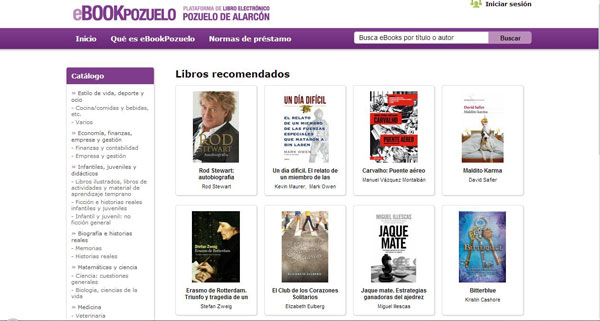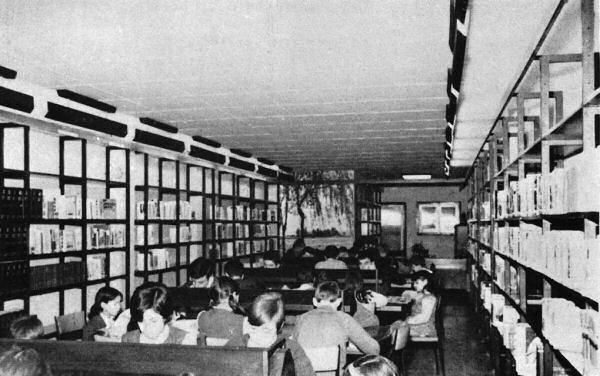Els llibres electrònics en les col·leccions de les biblioteques públiques
Objectius: la incorporació dels llibres electrònics a les biblioteques suposa una sèrie de canvis en els processos de gestió de les col·leccions. En l’article s’aborden tots els aspectes afectats pels nous factors que s’introdueixen amb la gestió dels llibres electrònics.
Metodologia: s’analitzen els canvis que es produeixen en els criteris de selecció i especialment en els nous condicionants que intervenen en el procés d’adquisició, considerant els models de negoci principals que s’estan aplicant. Pel que fa a l’avaluació, s’estableixen les dades estadístiques principals que s’han de tenir en compte per valorar aquests recursos. També s’analitzen breument les plataformes de préstec existents fins avui a Espanya (la Libranda, l’OdiloTK i el XeBook).
Resultats: s’exposen, a manera de reflexió, una sèrie de conclusions en què es reflecteixen algunes qüestions clau que les biblioteques haurien d’assumir a l’hora de plantejar-se les actuacions i negociacions sobre el préstec de llibres electrònics. — Objectives: incorporating e-books into public libraries requires a series of changes in the management processes of the libraries’ collections. This paper addresses those aspects affected by the new factors arising with the management of e-books.
Methodology: an analysis is undertaken of the changes in the selection criteria and, in particular, of the new determinants affecting the acquisition process, by examining the main business models that have been adopted. The most relevant statistical data are identified for evaluating these resources. A brief analysis is also provided of the lending platforms that have been used in Spain to date (Libranda, OdiloTK and Xe-book).
Results: a series of conclusions are drawn, by way of reflection, that capture some of the key questions that libraries need to address when undertaking actions and entering into negotiations for the incorporation of e-book lending systems.


